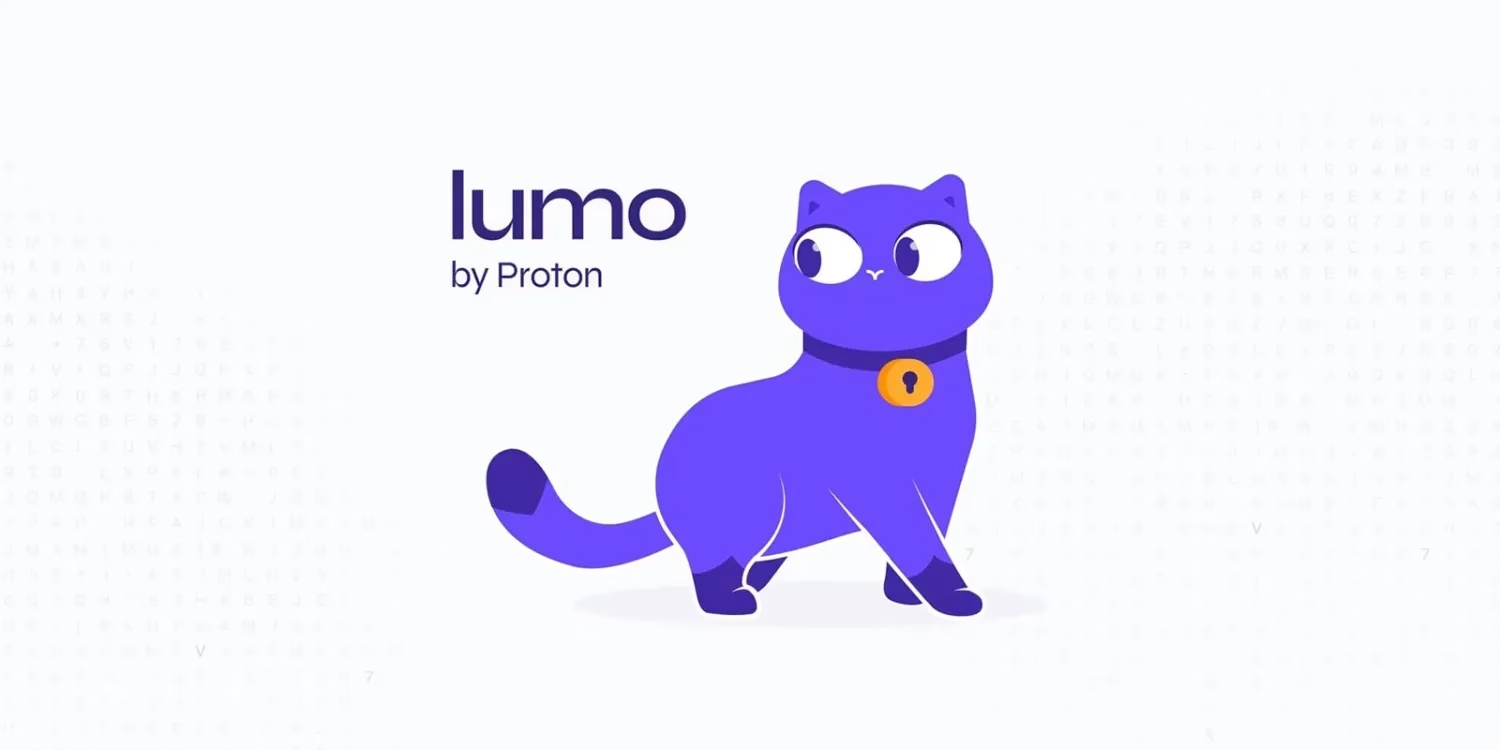Proton's Bold Leap into AI: Unpacking Lumo, the Private Chatbot
It's no secret that artificial intelligence has taken the world by storm. From generating code to crafting poetry, these chatbots are everywhere. But with all this convenience comes a nagging question, doesn't it? What happens to our conversations? Where does our data go? It's a valid concern, one that's been rattling around in the back of my mind, and I'm sure yours too, ever since ChatGPT burst onto the scene.
Well, the company behind the highly respected encrypted email service, Proton Mail, has just thrown its hat into the AI ring, and they've done so with a very clear statement: privacy first. Today marks the launch of Lumo, their new freemium AI chatbot, promising that your chats will remain completely private. This isn't just another chatbot; it's a privacy-focused alternative in a market desperately needing one.
The Privacy Imperative: Why Lumo's Launch is Timely
In an era where data breaches are practically daily news and the default mode for many tech giants seems to be "collect everything," Proton's move into AI feels less like a trend-chase and more like a necessary intervention. We've all used AI assistants, right? And while they're incredibly useful, the underlying data practices often remain opaque. Are our queries being used to train models? Are they being stored indefinitely? These aren't just hypothetical worries; they're legitimate questions that have eroded user trust in many mainstream AI offerings.
Proton, with its strong track record in end-to-end encrypted services—think Proton Mail, Proton VPN, Proton Calendar, and Proton Drive—has built its entire reputation on safeguarding user data. Their commitment to privacy isn't just a marketing slogan; it's their core identity. So, when a company like this steps into the AI space, it immediately shifts the conversation. It forces us to consider that privacy doesn't have to be an afterthought in AI development.
Proton's Track Record in Privacy
For years, Proton has been the go-to for individuals and organizations serious about digital security. Operating out of Switzerland, a country with some of the world's strongest privacy laws, they've consistently demonstrated a commitment to user autonomy over their data. Their services are built on open-source principles, allowing independent security experts to audit their code, which is a huge plus for transparency. This history of robust security and unwavering privacy advocacy lends significant credibility to Lumo's claims. It's not just some startup promising privacy; it's Proton.
Lumo's Core Features and the Freemium Model
So, what exactly does Lumo offer? At its heart, Lumo aims to provide a conversational AI experience similar to what you'd expect from other chatbots, but with a fundamental difference: privacy by design. The key differentiator, as Proton emphasizes, is that your chats will remain completely private. This means conversations are encrypted and, crucially, kept off Proton's servers. Imagine having a brainstorming session with an AI, discussing sensitive project details, or even just asking personal health questions, without the lingering fear that those words could be stored, analyzed, or even worse, leaked. That's the promise.
The freemium model is also interesting. It allows a broad user base to experience the core privacy benefits without an immediate financial commitment. This is smart. It lowers the barrier to entry for privacy-conscious users who might be hesitant to pay for a new AI service upfront. Naturally, premium features, likely involving higher usage limits, advanced capabilities, or perhaps integration with other Proton services, will be available for paying subscribers. This approach could significantly accelerate Lumo's adoption among Proton's existing 100 million-plus users.
How Lumo Aims to Protect Your Conversations
Challenging the AI Giants: Market Impact and Adoption
Lumo's entry into the AI chatbot market is a direct challenge to established players like OpenAI's ChatGPT. It's not necessarily about raw computational power or the sheer breadth of knowledge (though Lumo will need to be competent here), but about a fundamental shift in value proposition. For many users, privacy is no longer a niche concern; it's a primary decision-making factor.
This is particularly true in regions like Europe, where data protection regulations like GDPR are stringent and consumer awareness about digital rights is high. Proton, being a Swiss company, is well-positioned to capitalize on this sentiment. Lumo could see significant uptake among European users, businesses, and even governments looking for AI solutions that comply with strict privacy mandates. It's a smart strategic play, targeting a segment of the market that feels underserved by the current crop of AI tools.
The Road Ahead: Limitations and Future Prospects
While Lumo's launch is exciting, it's important to temper expectations with a dose of reality. First-generation products, especially in complex fields like AI, often have limitations. Lumo might not, at least initially, match the sheer conversational fluency or the vast knowledge base of a model like GPT-4. That's okay. Proton's strength lies in security and privacy, and building a robust, private AI is a marathon, not a sprint.
In the long run, Lumo's success could pave the way for more privacy-focused AI applications, not just chatbots. Imagine private AI assistants that manage your calendar without sending your schedule to a third party, or AI tools that analyze your documents locally without uploading them to the cloud. Proton's move is more than just a new product; it's a statement about the future of AI—a future where privacy isn't an optional extra, but a fundamental right.
